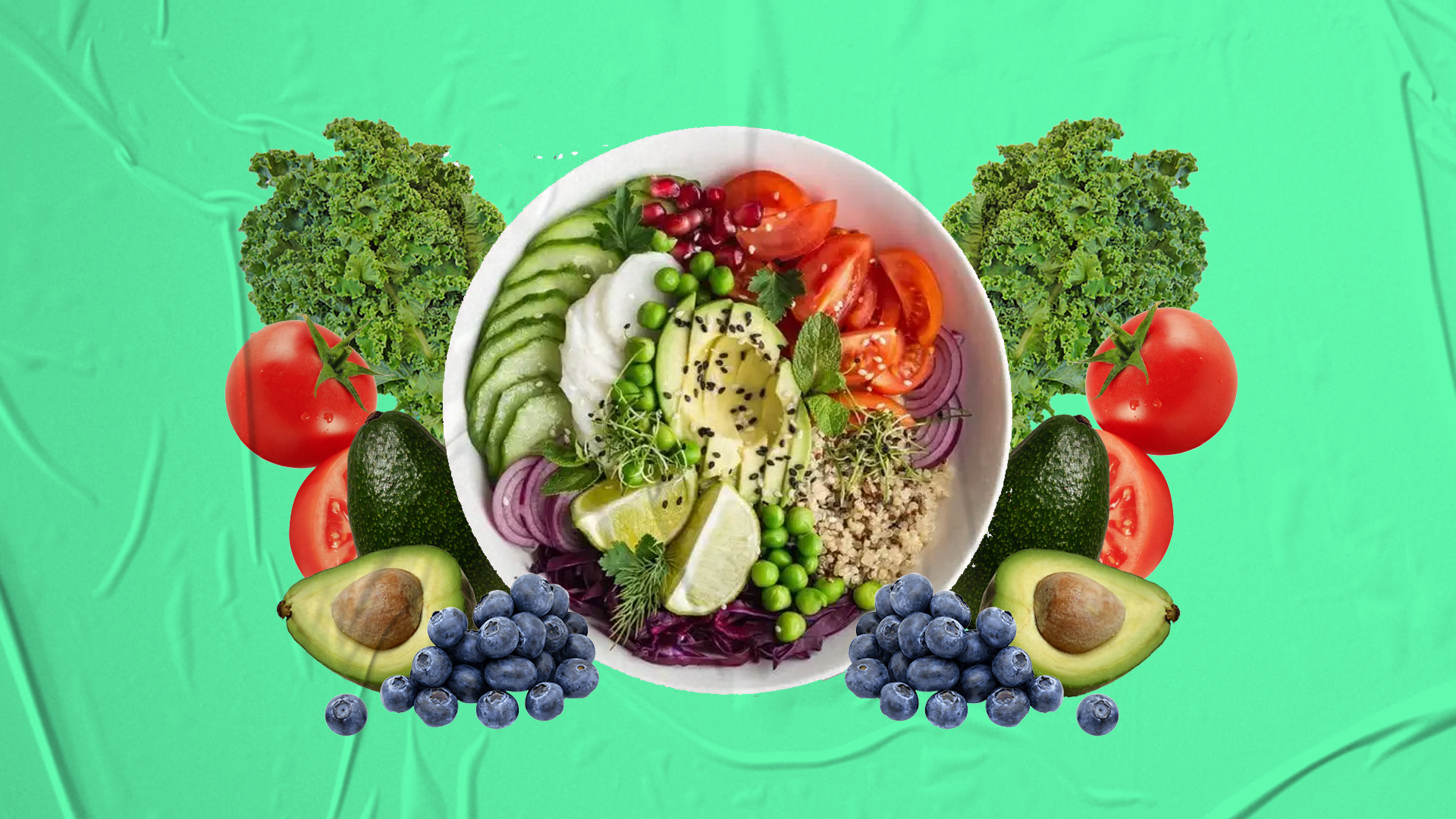Are Superfoods a Supermyth when it comes to healthy eating?
Nutritionists are warning against looking to superfoods to boost poor nutrition, saying a well-rounded approach is needed.

BY BENJAMIN LAMB
Both traditional and social media have popularised superfoods, showcasing them with promises to improve individual's diets, health and lifestyles.
However, unhealthy expectations glorified by the media have led many down the wrong paths.
Dietician Russel Nassim said labelling foods as ‘super’ can be misleading, as a balanced diet offers optimal nutrition.
“I don’t label any food ‘super’ — fruits, vegetables, dairy and whole grains all have beneficial qualities,” he said.
Mr Nassim said including a range of nutrients in the diet is essential to helping people feel great.
“There is room for chocolate, biscuits, ice cream in a ‘super’ diet too,” Mr Nassim said.
View this post on Instagram
A post shared by Russell Nassim APD AN CDE (@nassimnutrition_diabetes)
Mr Nassim noted that when food is referred to as ‘super’ it is usually because they contain high amounts of one nutrient.
“Oats are high in fibre, berries are high in vitamin C, dark leafy greens are high in plant-based iron,” he said.
Mr Nassim said different things work for different people and it is about finding what works for them.
“I think it's less about teaching people what food is healthy, or not, and more about how and when to incorporate these foods into their diet for optimal nutrition.”
Health Coach at Holistic Health, Liv Darcy, also encouraged individuals to include a variety of nutrients in their diets.
“For most people, the greatest superfood is a diet filled with whole foods,” she said.
“For example, instead of spending the day eating processed foods and then having some Kombucha, it would be far more beneficial for [their] health to ensure that [their] day is filled with a variety of colourful carbohydrates.”

Ms Darcy warns individuals against ‘quick fix’ superfood products, as it was an unsustainable approach to healthy eating.
“Product manufacturers lure us in with the promise of seven-day weight loss, the latest protein bar or five-minute workout,” she said.
“The reality is, quick fixes don’t last and if you want long term results, you actually need to make lifestyle changes” she adds.
Ms Darcy agreed with the need for ‘Bio-Individuality’, the idea that different solutions will work for different people.
“What works for you, may not work for another, you are much better to listen to your own body ”





